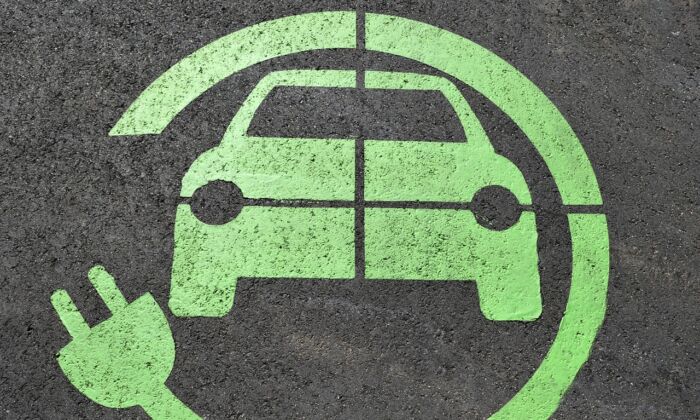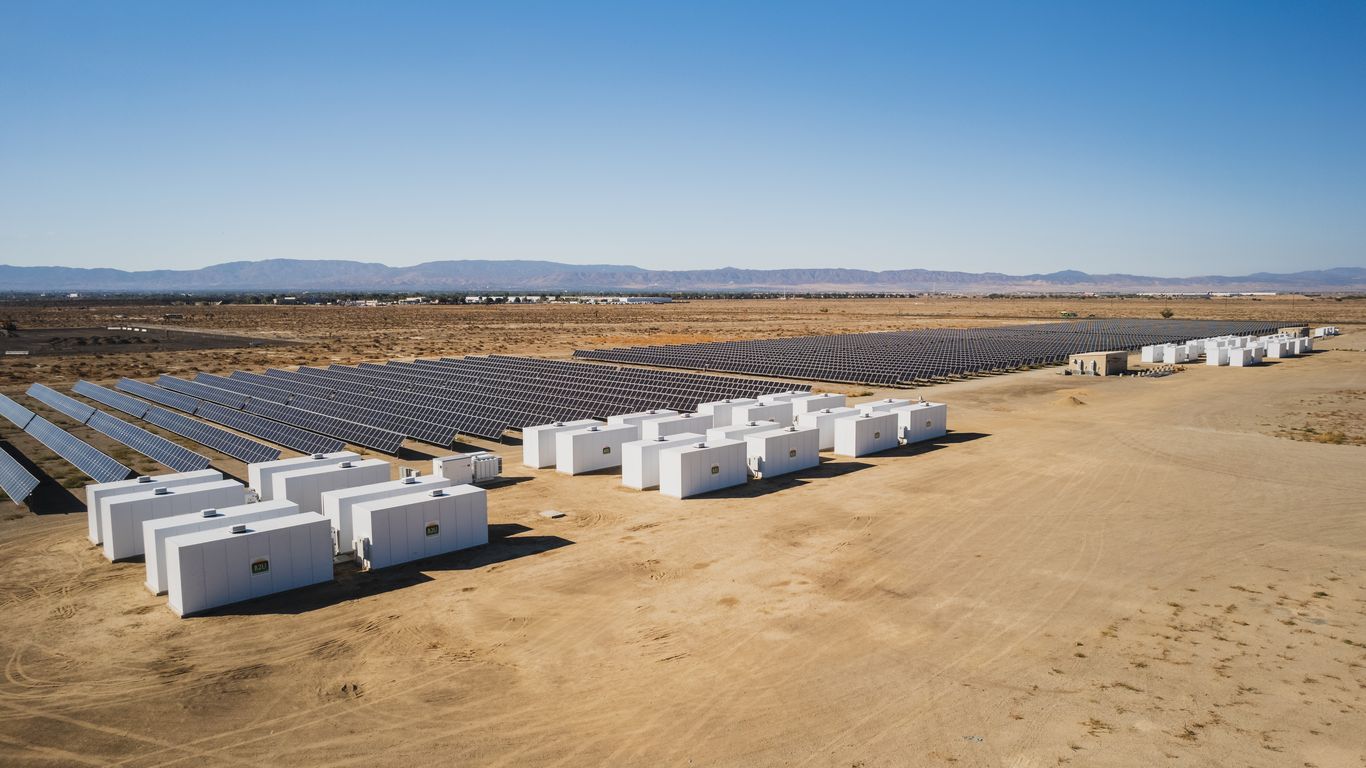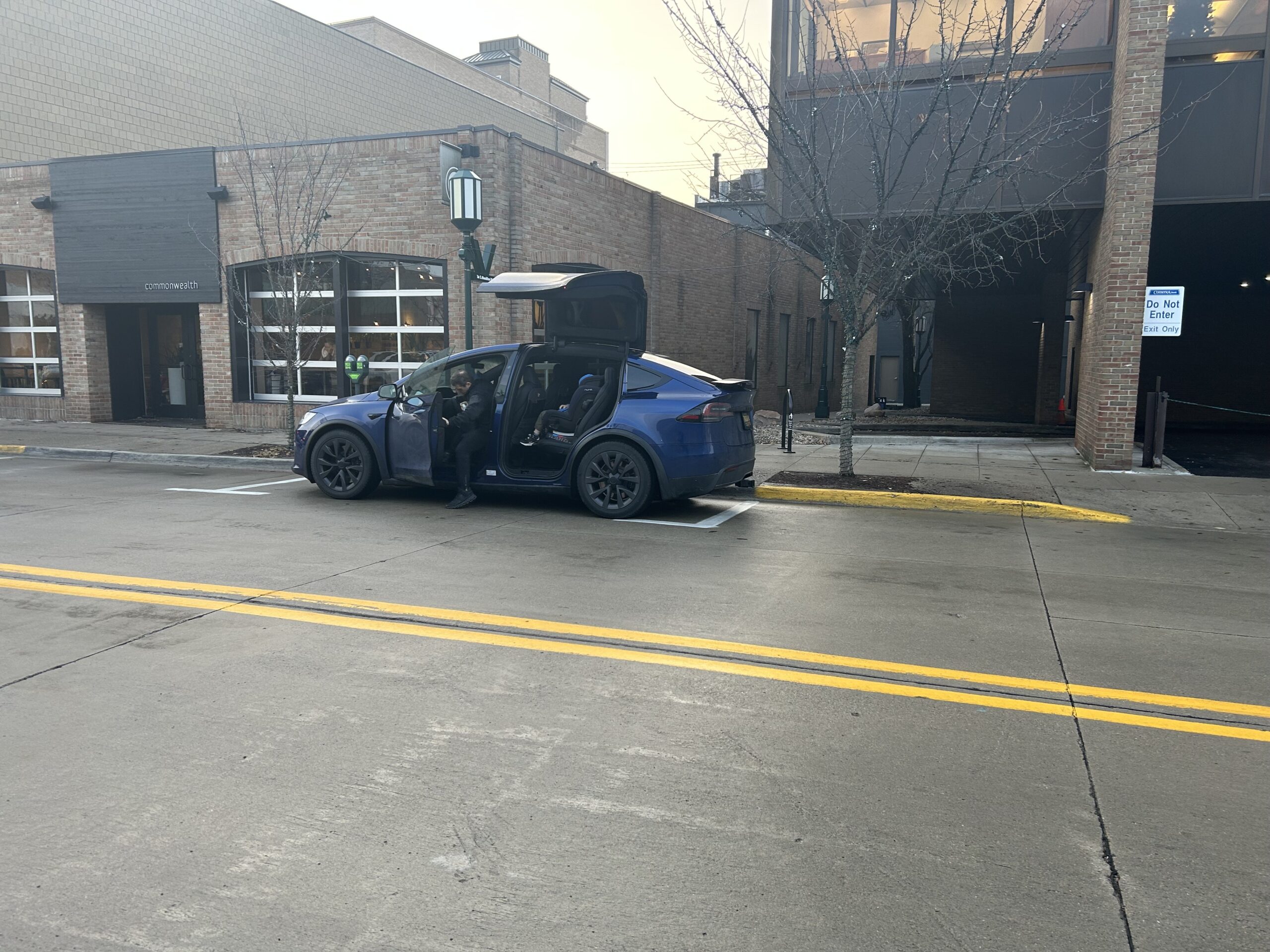Millions Of Electric Car Batteries Retiring By 2030, Are We Ready To Deal With What Could Be Ticking Time Bombs?

www.theepochtimes.com
10 Sep 2022 ~~ By Autumn Spreadmann
The evolving landscape of lithium batteries is creating both contradictions and infrastructure hurdles that, according to some, need to be addressed sooner rather than later. A critical component of this is waste management.
More than 6 million electric vehicle (EV) battery packs will end up as scrap between now and 2030, and the recycling and reuse industries are racing to keep up. Some researchers project that recycling alone will be an over
$12 billion industry by 2025.
U.S. President Joe Biden wants to make America a key player in the EV battery industry with a $3.1 billion spending package for automobile production to transition away from fossil fuels.
Much of this dream is pinned on a dusty stretch of soil in the Nevada high desert
called Thacker Pass. It serves as the lynchpin in Biden’s push for increased domestic lithium production and more EV batteries. That’s because Thacker Pass is the largest hard rock lithium reserve in the United States.
Currently, China dominates the world’s EV battery production, with more than 80 percent of all units developed there.
Yet while Biden’s administration has its sights on the top spot for EV battery production,
insiders are pointing out industry trapdoors.
~Snip~
Thacker Pass, Nev., has the largest hard rock lithium reserve in the United States. (Lithium Americas)
Due to the potentially dangerous chemistry of lithium-ion EV units, concrete solutions are needed before an avalanche of dead battery packs ends up sitting around and waiting for recycling like ticking time bombs.
Those working on the sales end of the EV revolution tend to squirm or offer vague generalities when queried about what will happen to all of the old batteries.
The notion is quickly lumped into the very broad category of recycling or second life applications without offering any planning details.
Second life applications are an option for EV batteries no longer fit to power cars, but are suitable for alternative uses like energy storage.
And while that’s a start, the ultimate question lingers: How can America effectively deal with millions of completely spent, defective, or recalled EV units?
For people who specialize in hazardous waste, handling lithium batteries is a serious subject.
A ‘Thermal Runaway’
“The packing and logistics isn’t easy or cheap,” Thibodeau said.
Moreover, the batteries pose a significant fire hazard.
Tucked within the sprawling Chicago suburbs is the town of Morris, Illinois. Around midday on Jun. 29, 2021, the fire department received a call that a warehouse fire had broken out in a structure that many residents assumed was just an abandoned building. The call came from someone who claimed to be an employee for a company that was storing 200,000 pounds of batteries in the building, most of which were lithium.
Fire Chief Tracey Steffes told reporters that it was the first time his department had ever fought a lithium fire.
Mitigating traditional fires is done by using water or chemicals to cut off the supply of oxygen. However, lithium is unique in that it doesn’t require oxygen to burn. Once ignited, it creates what Thibodeau called a “thermal runaway,” which is incredibly challenging to control.
Commentary:
Not to worry, the EPA will pass revisions to 40 CFR Part 273 regarding disposal of Li batts that will raise the cost of disposal and the overall price of EV's and all products using Li Batts.
First off, the cars don't last as long as ICE vehicles, because it costs significant amounts to replace the battery after 80-100,000 miles. When the cars get older, they won't be worth replacing the batteries - the whole car will get junked early.
Secondly, no one has considered the cost and energy required to recycle or disposal of the batteries - that kills any efficiency gained over the life of the vehicle.
EV's are a disaster and anybody that has a jalf a brain and thinkslogically knows that.


 You're getting ahead of the next national emergency that'll cost trillions of dollars to solve.
You're getting ahead of the next national emergency that'll cost trillions of dollars to solve.
